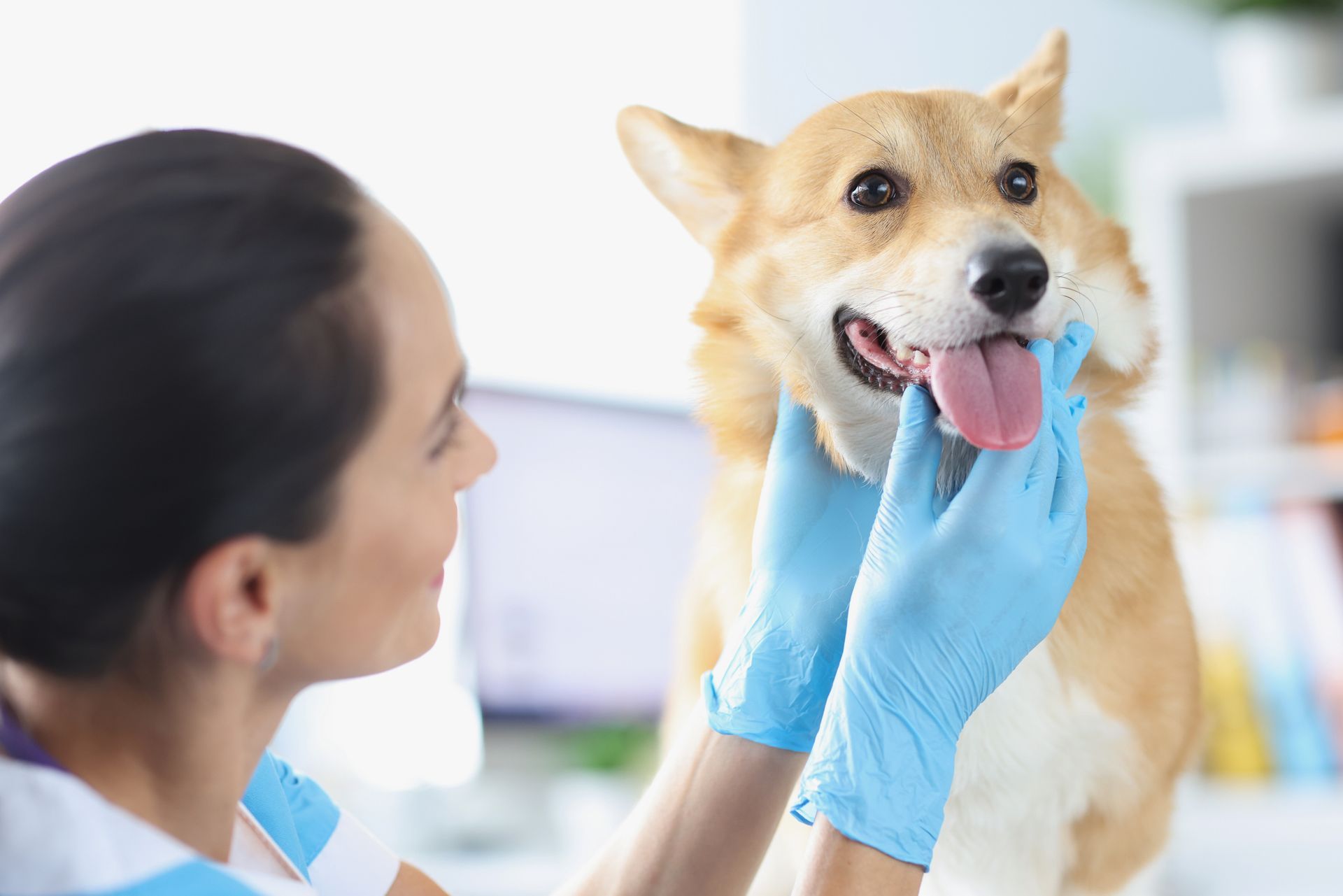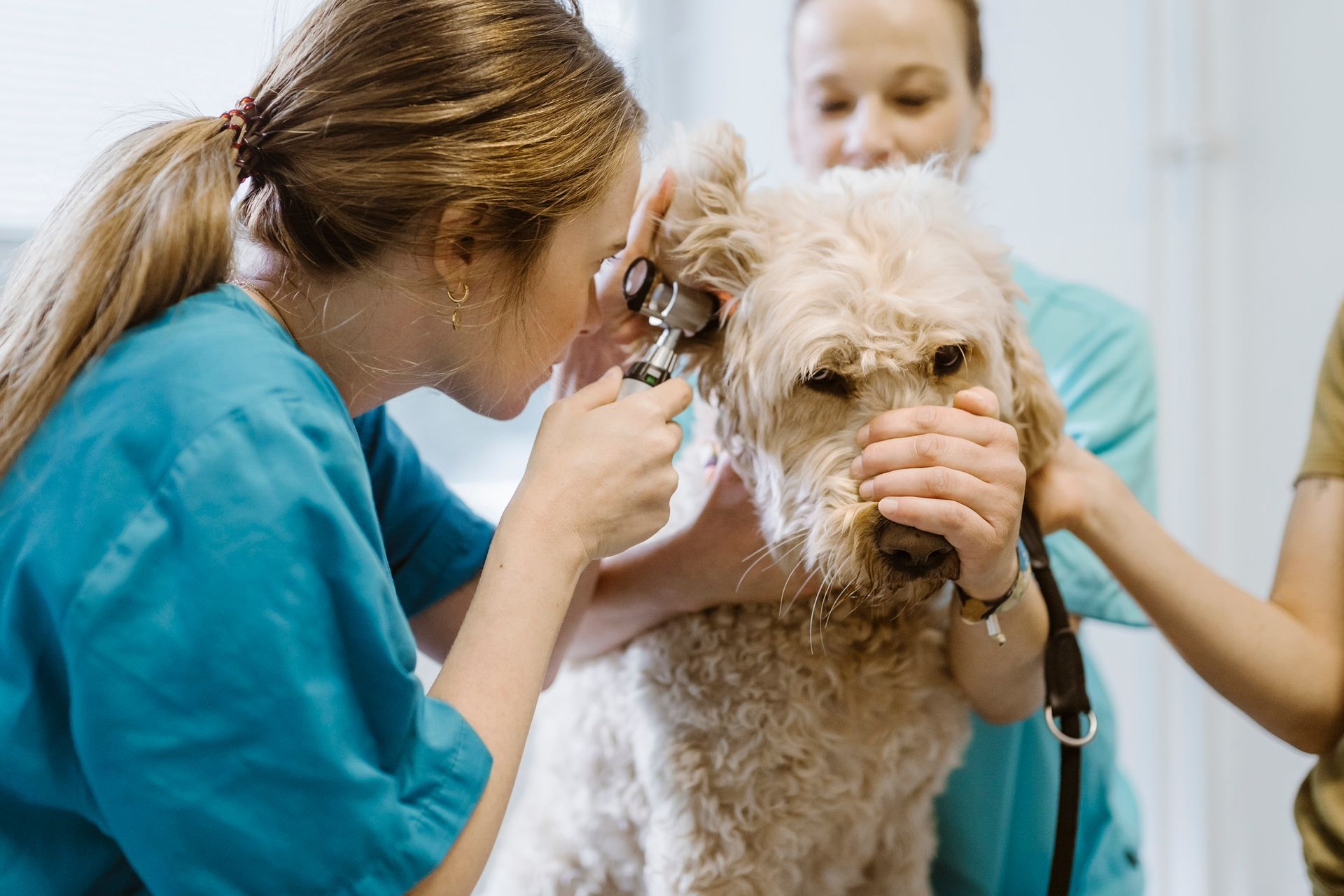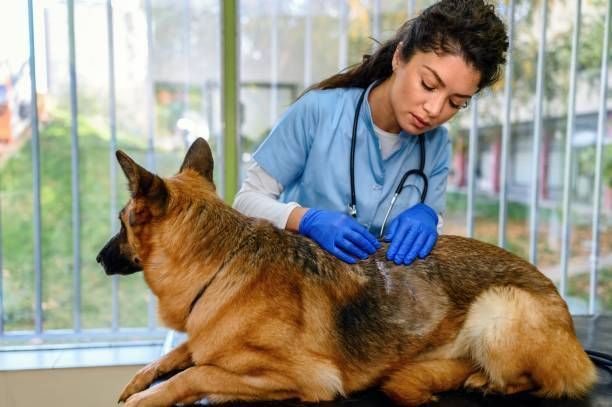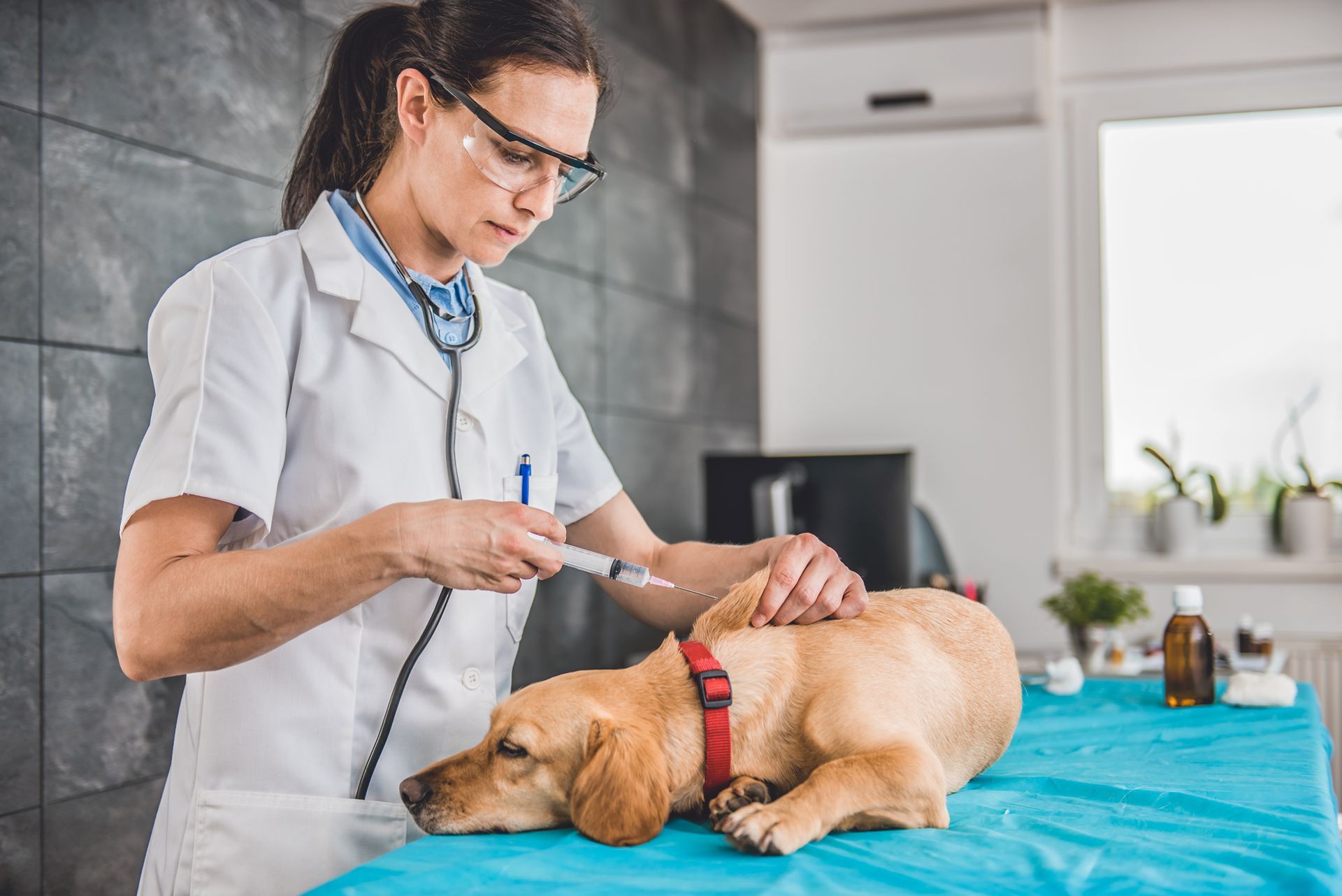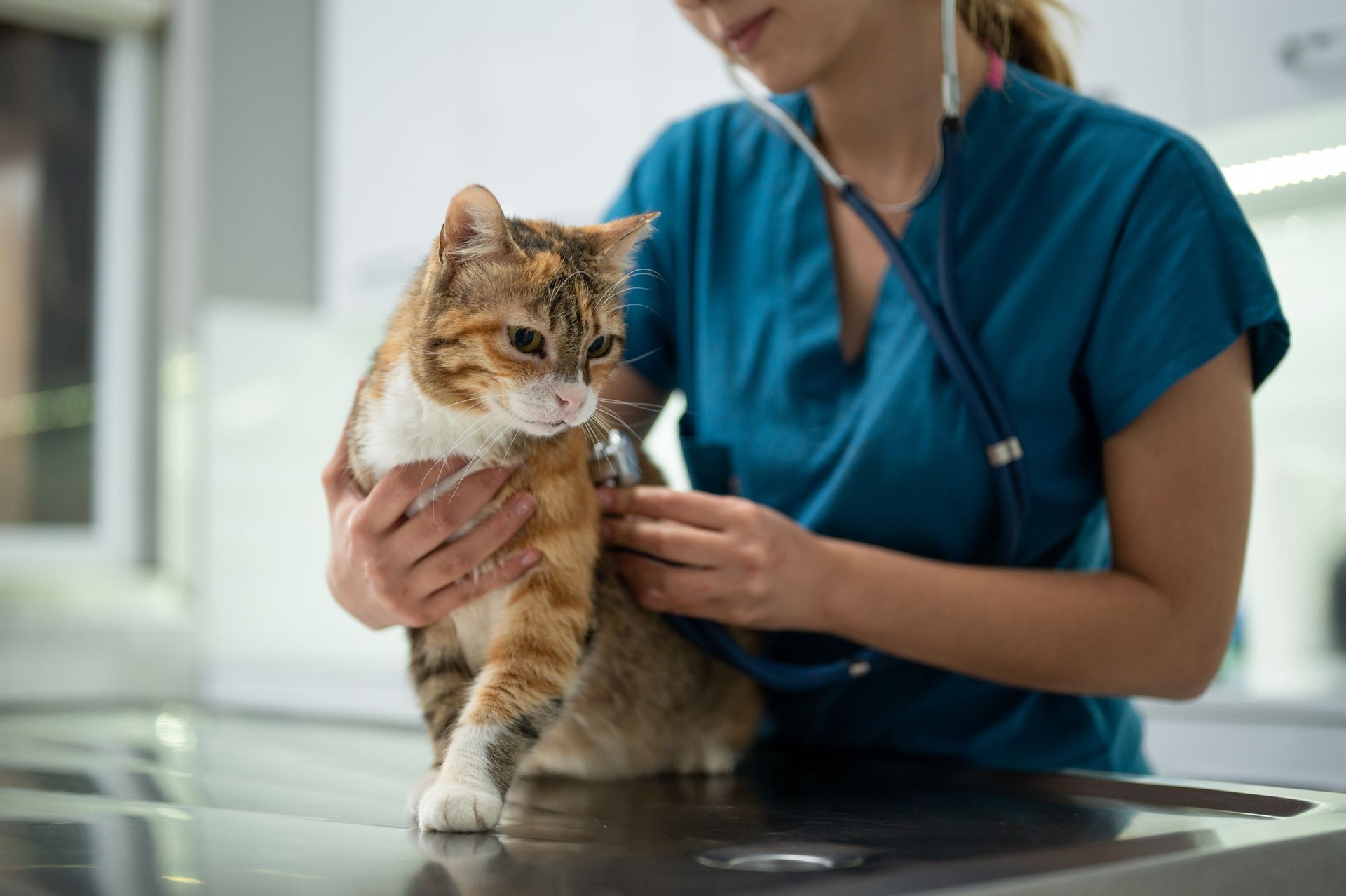3 Diseases You Can Pass On to Your Dog
One of the best parts of owning a pet is that when you are sick, you can find comfort in your pet and not worry about the animal getting sick. While this is true for most cases, there are specific times where a dog owner can transfer an illness to their pet.
Also known as reverse zoonosis, the transfer of viruses or illnesses to a dog is rare, but something that you should be aware of on a daily basis. Learn about four diseases you could transmit to your dog and the proper vet treatment to help cure your animal.
1. Intestinal Parasites
If you've contracted an intestinal parasite, you could suffer from stomach problems, nausea, and a lack of appetite. As the parasite grows and spreads, the virus will look for a new host, including your pet dog. While dogs have different features to help fight various forms of bacteria, studies have found parasites like cryptosporidiosis passed on from humans to pets.
If your dog has had trouble keeping food down, seems lethargic, or has a swollen stomach, you could see signs of the parasite in the canine. A vet will help treat the dog to ensure the animal is properly hydrated and may rely on various medicines to help kill off the parasite and keep the animal healthy.
Cryptosporidiosis is not the only parasite a dog can get. If your dog gets sick shortly after you've had a disease, communicate the issues with your vet. The information will help the vet diagnose your dog and know what tests to run while your dog is at the vet.
2. Mycobacterium Tuberculosis
The disease Mycobacterium tuberculosis or TB is a highly infectious disease in humans that often attacks the lungs, causes breathing issues, and could lead to major problems if left untreated. If you recently had TB, your dog has a likely chance of contracting the disease through the air of your home.
In a majority of cases, a dog will not contract TB, but you should be aware the disease in dogs is a possibility. Dogs with TB may show signs of breathing problems, including short and quick breaths, heavy breathing, or a lack of energy.
Sometimes, TB in humans shows no symptoms, so a TB test is necessary to check your own case. If you have a confirmed case of TB, your vet will help perform tests on your dog to see if the transmission is the root cause of any problems your dog is suffering through.
3. MRSA
One of the hardest bacterial infections to control in the body is Methicillin-resistant Staphylococcus aureus, better known as MRSA. The staph infection is referred to as a superbug because of the powerful resistance against antibiotics in the body. If you suffered a cut or recently had surgery, your body could be prone to the infection.
Cases of MRSA have been shown in dogs as dogs carry the bacteria and could pass it back to humans. Your dog may be more prone to the bacteria infection due to specific habits. For example, if your dog chews their paw or another part of their body, the open wounds could become vulnerable to MRSA.
A vet will help treat a dog's wounds and come up with methods to prevent the dog from chewing their paw. If MRSA is detected in the dog, a vet will complete treatments to help reverse the infection and return a dog back to health. If the bacteria spread in the dog's body, their life could be in danger without prompt treatment.
For all of your dog's health concerns, contact us at Baywood Animal Hospital. We will help you diagnose and treat your dog for any symptoms they are currently going through.



